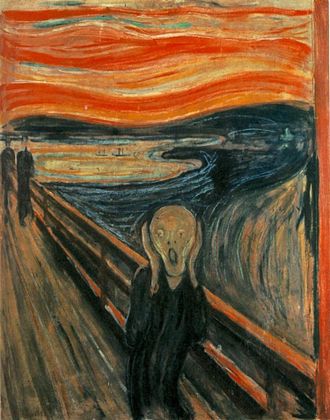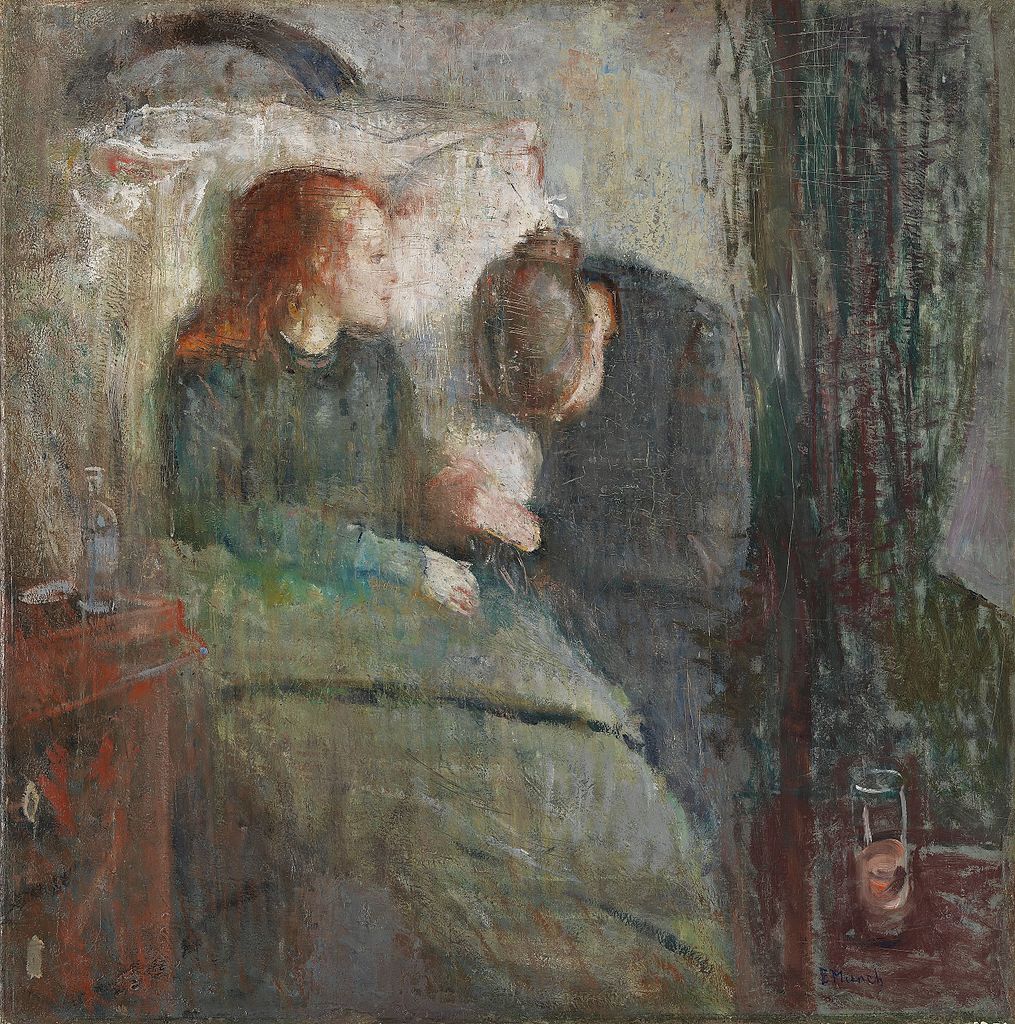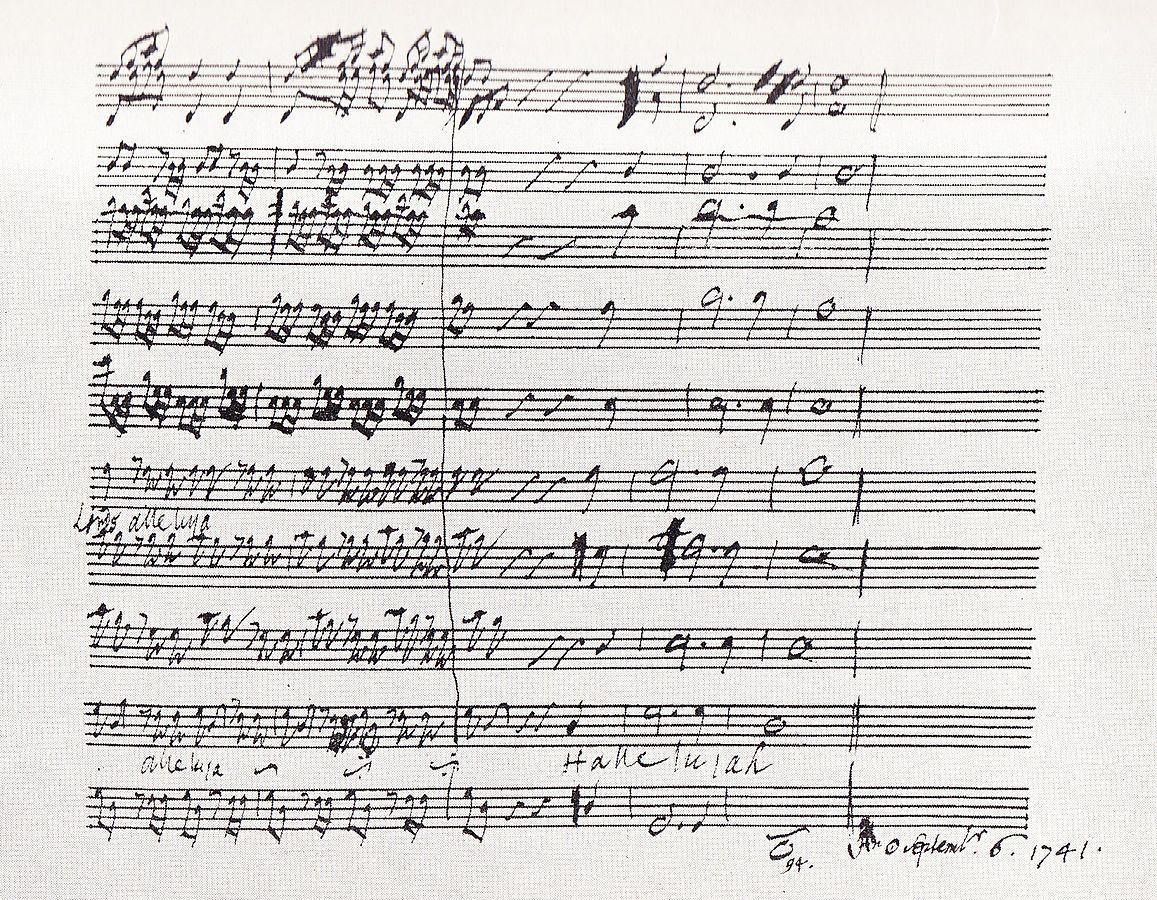Selfish Solitude
Joy and Matthew Steem
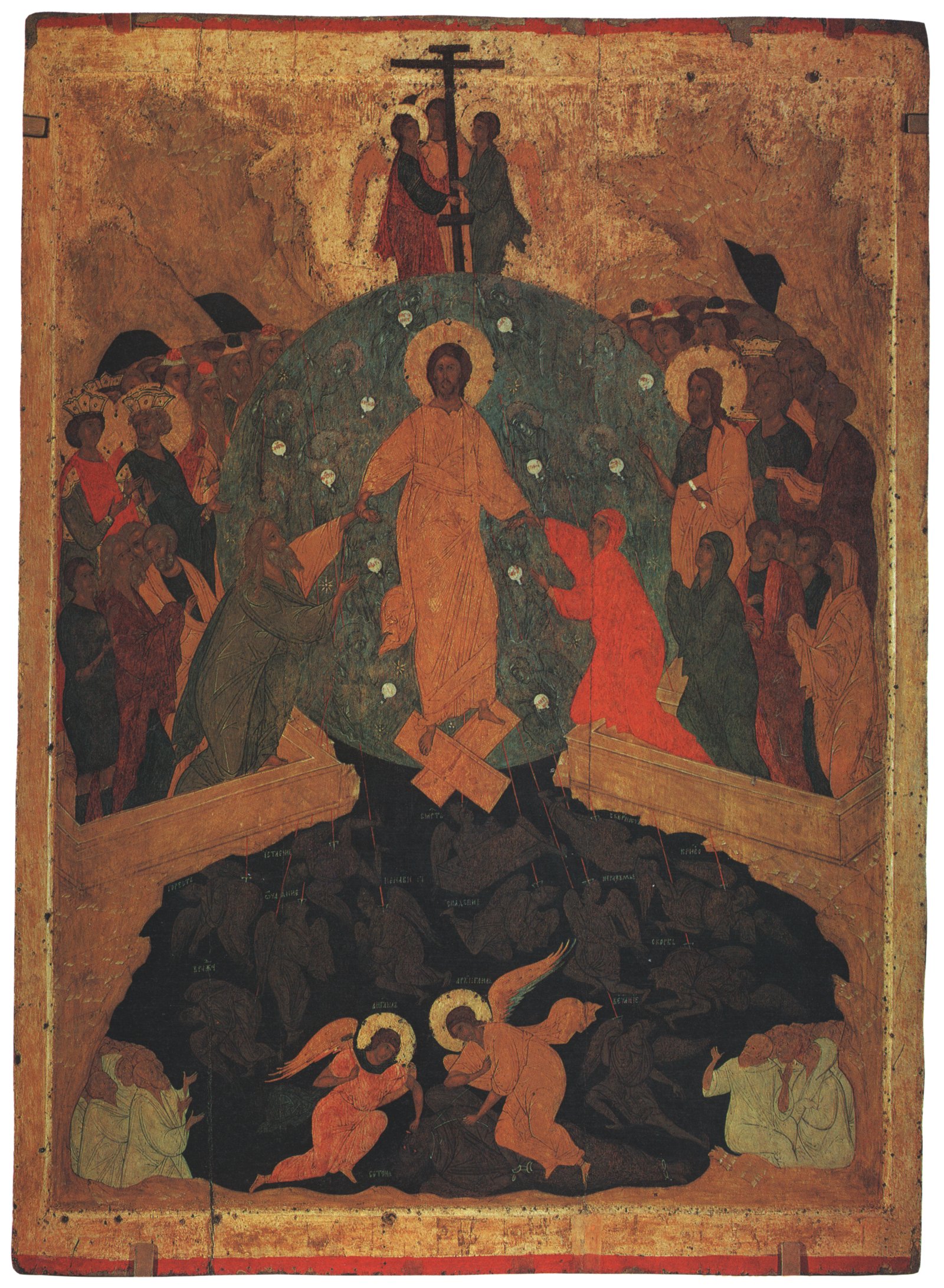 The label “heretic” has such an interesting draw to it doesn't it. It holds a special charm for a variety of reasons I think: it’s generally anti-conformist, anti-populist, and anti-status-quo. That makes it unique, and unique can be quite attractive. Since everybody wants to be unique – especially in a culture of conformity – what’s not to like about heresy. Plus, it’s not all bad either. T. S Eliot spoke of it more than once and in some cases of it as a good. Anyway, all that to say that a label of something being potentially heretical makes it ... could I use the word “hot”?
The label “heretic” has such an interesting draw to it doesn't it. It holds a special charm for a variety of reasons I think: it’s generally anti-conformist, anti-populist, and anti-status-quo. That makes it unique, and unique can be quite attractive. Since everybody wants to be unique – especially in a culture of conformity – what’s not to like about heresy. Plus, it’s not all bad either. T. S Eliot spoke of it more than once and in some cases of it as a good. Anyway, all that to say that a label of something being potentially heretical makes it ... could I use the word “hot”?
So when I heard that one of the popular Inklings other than Lewis and Tolkien had it suggested of him that it would be understandable to have him burned at the stake, I was quite taken. “Cool,” I thought to myself. But then, because I was young I had a difficult time in reading Charles Williams. However, some years ago I came back to him and was most heartily surprised. And sure enough, the heresy claim isn't too far off. So of course I read him all the more. Now it’s not all that un-orthodox, but there are some interesting thoughts he brings up.
Just recently I was re-reading his second last novel, Descent into Hell, and found something interesting concerning his thoughts on Sodom and Gomorrah. Nope, it’s probably not what many others might be thinking (we here at Relief are a clever bunch). These two cities are connected for Williams with un-neighbourliness (which for Williams was a form of sterility in that it doesn't contribute to generating life) and solitude, and their direct association with hell.
Now, since I have tendencies towards introversion, I was not just a little annoyed at the strong connection with solitude and damnation. Plus, have you ever read what early psychological theory – Jung was a little kinder – said about those who were essentially introverted? It was basically pathological narcissism. However, as I continued to read Williams I was quite taken with his ideas and began to have self-to-self conversation/conversion. (Ever have a conversation with yourself and afterwards noticed that your view changed – it’s cool right? It might be difficult, but I think we actually can change our own bias.) I was persuaded that Williams had made a great point about solitude being the pathway to damnation when it is mixed with selfishness. Thomas Merton, who spoke a great deal of the importance of solitude, went to great lengths to clarify that while solitude is exceedingly important, it cannot be practiced for the sake of the self. If self is the primary concern, then this solitude is actually wicked. And the reader is lead to seeing selfish solitude as the ultimate undoing for anybody when practiced fully as William’s work depicts. I won't spoil the ending of Decent into Hell, but I think the suspense factor would have Stephen King green with envy.
Back to solitude as selfishness though. I once remember hearing a respected minister say something to a largish crowd that s/he just didn't have much time to spend chatting with friends and others when invited out because the time would be better spent with God. You know how Jesus was known to be meek? Yah, I wasn't at that moment. I didn't know how to voice it, but it felt, well, selfish. I mean I get separating yourself from the hordes from time to time – Jesus did that too, after all – but Jesus also spent lots of time with people. I think there should be a balance. Holiness that excludes itself from public life – from being human – might not be as holy as it thinks. We were made to live in communion with each other: which means both, sharing and imparting life with each other. So, of course we need alone time – I demand it regularly – but I was gently warned by Williams cautionary tale that solitude can't be mixed with selfishness. Because that is real heresy – and it’s not cool.
 Once our boys left home Bev and I were thrust into quick adjustments akin to riders just off the tilt-a whirl. Our stable orbits missed the gravity of their presence. The momentum of parenting doesn't go away once you've spun your progeny off and into the world. So we rotated and balanced the tires, refurnished repainted rooms, re-sized the recipes and learned new steps.
Once our boys left home Bev and I were thrust into quick adjustments akin to riders just off the tilt-a whirl. Our stable orbits missed the gravity of their presence. The momentum of parenting doesn't go away once you've spun your progeny off and into the world. So we rotated and balanced the tires, refurnished repainted rooms, re-sized the recipes and learned new steps.
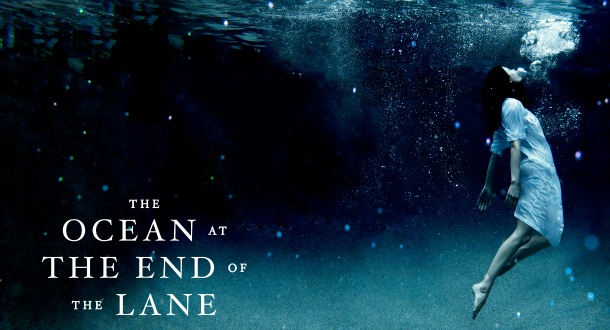 “I held on to Ginnie Hempstock. She smelled like a farm and like a kitchen, like animals and like food. She smelled very real, and the realness was what I needed at that moment.”
–Neil Gaiman,
“I held on to Ginnie Hempstock. She smelled like a farm and like a kitchen, like animals and like food. She smelled very real, and the realness was what I needed at that moment.”
–Neil Gaiman, 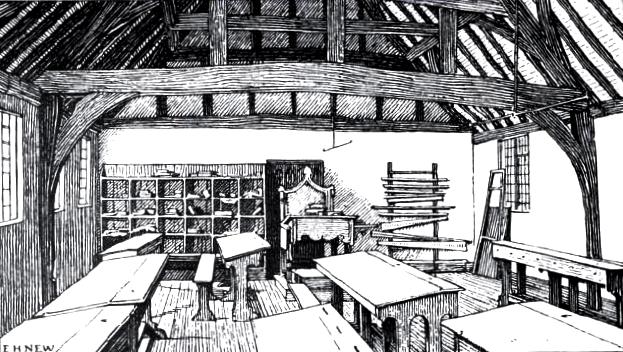 “Mrs. Feyen, do you like professional football teams?” This comes from George, one of my 8th grade students. He’s asking me about football because I’m wearing a Notre Dame t-shirt today. I probably shouldn’t be wearing it; it’s not very professional, but every so often I get dreadfully homesick for the Midwest and this morning as I got dressed I decided to pull Notre Dame over my head and feel a little of South Bend on me as I walked through the day.
“Mrs. Feyen, do you like professional football teams?” This comes from George, one of my 8th grade students. He’s asking me about football because I’m wearing a Notre Dame t-shirt today. I probably shouldn’t be wearing it; it’s not very professional, but every so often I get dreadfully homesick for the Midwest and this morning as I got dressed I decided to pull Notre Dame over my head and feel a little of South Bend on me as I walked through the day.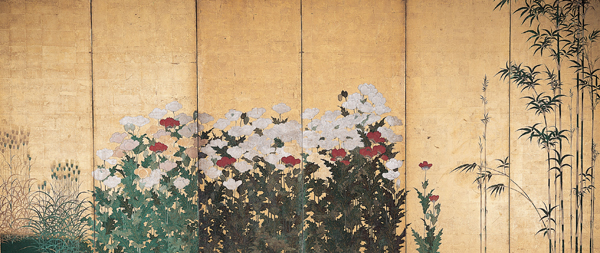
 I am a trail runner. But when I tell you that, you will get the wrong idea about me. You will picture someone with gleaming calf muscles and a wardrobe stuffed with Lulu Lemon gear.
I am a trail runner. But when I tell you that, you will get the wrong idea about me. You will picture someone with gleaming calf muscles and a wardrobe stuffed with Lulu Lemon gear.
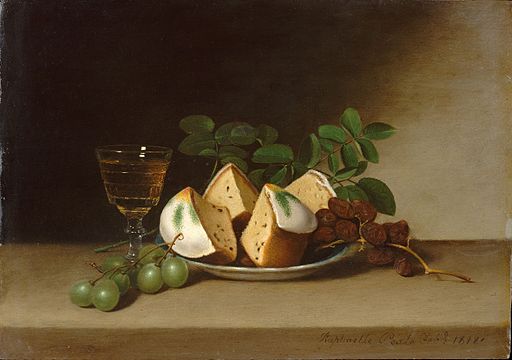
 As I write this piece, in part, out of fondness for my pre-Internet childhood and an old love affair with a boxy and rabbit-eared television, I can see us. We are sitting rapt – my two little sisters cross-legged beside me, our faces iridescently lit by the FBI flashlights that spear the dark glaze of an eerie and abandoned field. I can see Mulder and Scully pushing the light forward, toward us as we lean into it, intersecting one another like the glowing crossbeams of their flashlights.
As I write this piece, in part, out of fondness for my pre-Internet childhood and an old love affair with a boxy and rabbit-eared television, I can see us. We are sitting rapt – my two little sisters cross-legged beside me, our faces iridescently lit by the FBI flashlights that spear the dark glaze of an eerie and abandoned field. I can see Mulder and Scully pushing the light forward, toward us as we lean into it, intersecting one another like the glowing crossbeams of their flashlights. I always try to pick just the right moment to tell people. That moment is sometime between realizing that they are one of those who will need to know, and the point when they figure it out on their own. Although I frequently share intimate details of my life, in writing, and with my bank teller, or a new acquaintance, there is one thing that I hold back until the last minute.
I always try to pick just the right moment to tell people. That moment is sometime between realizing that they are one of those who will need to know, and the point when they figure it out on their own. Although I frequently share intimate details of my life, in writing, and with my bank teller, or a new acquaintance, there is one thing that I hold back until the last minute. “Exile brings you overnight where it would normally take a lifetime to go.”
“Exile brings you overnight where it would normally take a lifetime to go.”
